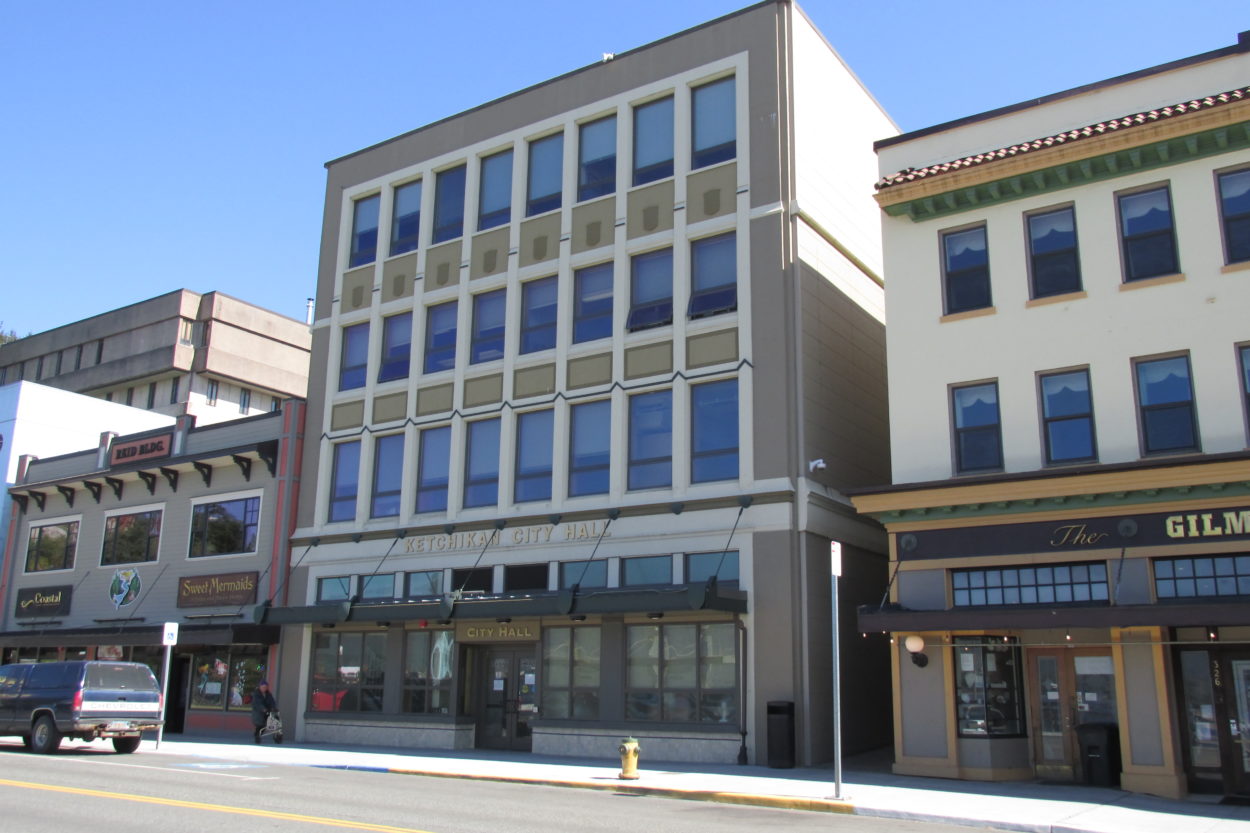Ketchikan’s emergency manager says there isn’t much local officials can do to help state health authorities combat a surge in COVID-19 cases.
Over the past three weeks in Ketchikan, state public health nurses have recorded more than 200 COVID-19 cases and six deaths on the community’s pandemic dashboard, though not all have been recorded in statewide data — state health officials say data backlogs have slowed reporting.
Ketchikan City Council Member Sam Bergeron asked Thursday about reactivating the local emergency operations center that until about a month ago had coordinated the local response to the pandemic. Ketchikan’s EOC stood down on July 23 after several weeks of low COVID-19 case numbers.
“So when the EOC ceased operation, was there any contingency that was stated that would bring the EOC back?” Bergeron asked.
Abner Hoage, Ketchikan’s fire chief and emergency manager, said the EOC could be reactivated if the pandemic — or any other emergency — threatened to overwhelm the resources available to fight it. He said he’s working with local organizations to provide expertise, but there’s not much else that local officials can do to help.
“I’ve had discussions with public health. I had a discussion with them last week — What else can we do? Is there something we should be doing and that you need help with? And there isn’t anything,” he said.
He says local medical providers have adequate supplies, and Ketchikan’s hospital isn’t in danger of being overwhelmed. He said PeaceHealth Ketchikan Medical Center currently has five beds for COVID-19 patients and could quickly expand that to 13. He says the EOC provided a list of local health care workers that could be called in to help with a future surge.
He said he wasn’t convinced that reactivating the EOC, implementing a mandatory mask rule or limiting capacities inside businesses would have much effect. He pointed to places like Sitka, which has an EOC.
“Look at the places that are doing it, and they’re still having the cases,” he said. “I don’t see that as a solution. And I wouldn’t hesitate to tell you if I thought it was a solution.”
Hoage said there is one thing that could be done to mitigate the effects of the surge.
“What we really need is we need people to get vaccinated,” he said. “That’s still a need. We’ve done tons of advertising on that. We’ve made those vaccines available.”
“And I’m not sure what the change is going to be that’s going to convince people they need to get vaccinated at this point. But I don’t think that there’s any way for us to force that to happen. There’s no way for you as policymakers to force that to happen,” Hoage continued.
The latest state data shows that 94% of COVID-19 deaths and 92% of hospitalizations this year have occurred in people who are not fully vaccinated. The remaining fraction are “breakthrough” cases — no vaccine is 100% effective.
Assistant City Manager Lacey Simpson said the city has no plans to track which of its workers were vaccinated. Nor have city officials discussed mandating COVID-19 vaccines for its employees as some employers —including PeaceHealth — have done.






